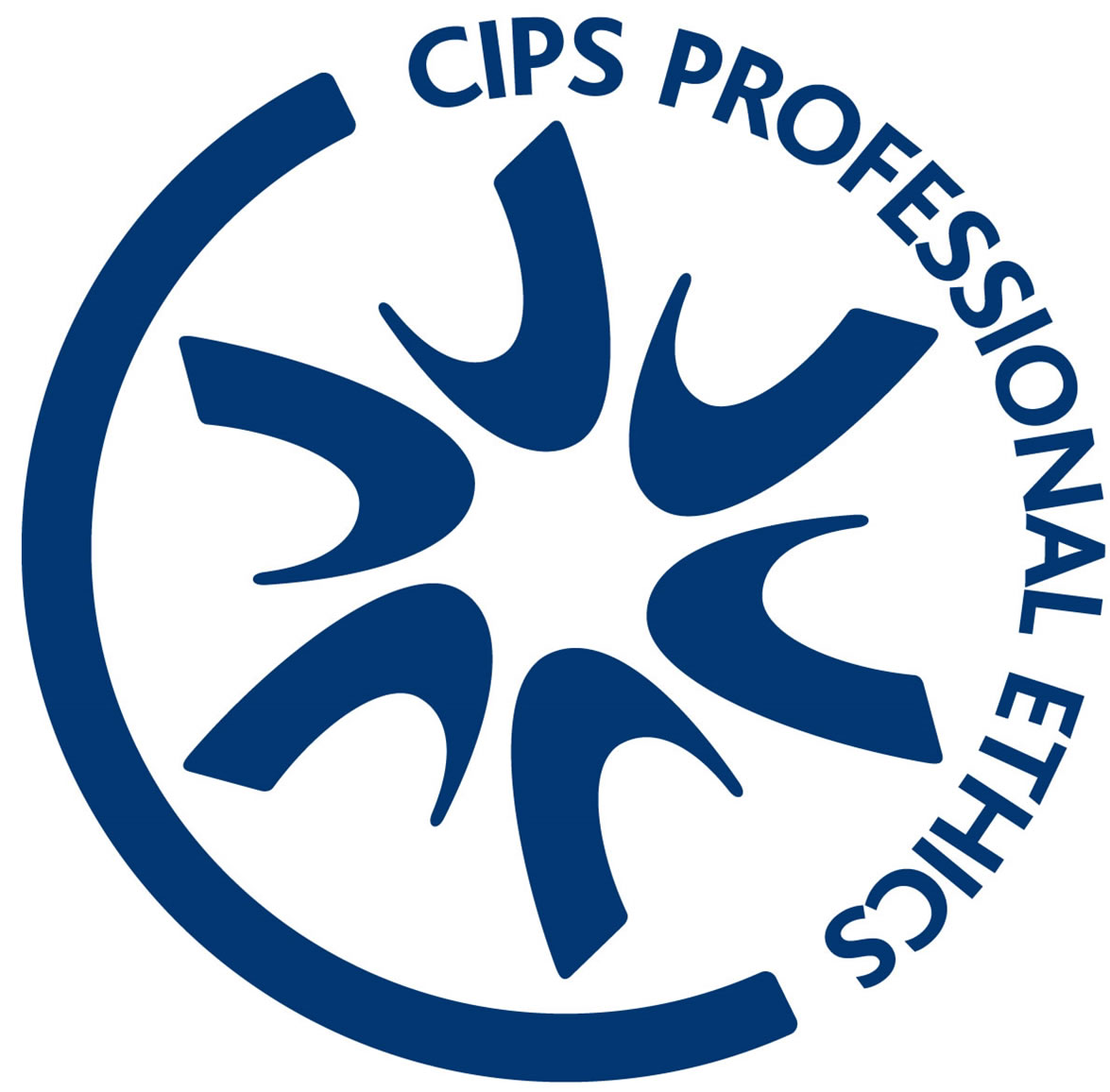
Small steps leave greener footprints.
There is a drive in procurement circles to be able to demonstrate that the work we do is sustainable. This can sometimes be a blunt tool used to deliver a precise job, but it does raise the question – why isn’t all procurement sustainable anyway? The opposite would be unsustainable procurement and surely nobody sets out at the start of a project or a contract with the intention that it will run out of steam part way through. If a contract cannot be sustained over its lifetime, or it needs other activity to artificially prop it up, then it isn’t sustainable, it will incur undue additional costs and likely collapse before its intended completion.
McKinsey and EuroCommerce recently looked at the potential to limit carbon emissions in the retail sector (https://www.eurocommerce.eu/transforming-retail-wholesale) and felt that a 90% reduction was possible. However, it required something in the region of €300 of investment to get there. Higher Education providers in the UK probably have similar sized challenge, especially as they oversee much older estates than the retail sector and are also heavily exposed to energy price fluctuation. All those big lecture halls and libraries need heating now we’re out of the pandemic and students are back on campus. Chasing consensus on clever contract clauses that will hold suppliers accountable for their social and environmental responsibilities will help, but only for those accounts that procurement teams are involved in negotiating.
Procurement teams may not be responsible for every purchase made in their institutions, loath as they may be to admit it. Matters of non-compliance and rogue spending aside, not every contract will fall under their scope for influenceable spend. It is uncommon for procurement procedures to be mandated, even where they are strongly recommended. Having a semi-centralised hybrid model with elements of devolved authority is more typical. This makes it all the more vital for procurement professionals to have excellent soft skills – the abilities to persuade, win buy-in, to encourage and to empathise with the needs of stakeholders. Where they can’t change behaviours with edicts from up on high, they will be called upon to engage with their colleagues and help them to see the world through their eyes.
It’s not unheard of for a cost centre manager or a budget holder to be laser focused on their in-year savings, as their personal objectives will be probably based on achieving those. Indeed, procurement can be encouraged to chase those ‘smash and grab’ style deals, with unachievable targets and little thought given to how a contract can be sustained for its duration. With the current economy being in a downturn, this sort of scenario is likely to become more commonplace as procurement is called up to the plate to lower costs and reduce the overall exposure to future costs.
If procurement teams are pressured to pursue in-year or short-term savings, it could risk the longer term commercial sustainability of contracts if suppliers are unduly pressured to cut costs and trim corners. In addition, as part of this general belt-tightening, the wider environmental and social sustainability of contracts ends up being reclassified as ‘nice to haves’ or value-add features. If they are not seen as fundamental elements of core delivery, then these might well end up being the first casualties. If the economy slows down further, then procurement teams may be the people being asked to use their soft skills again to encourage their organisations to see the long term value of non-cost benefits that contribute to the wider social and environmental impact of their supplier contracts.


